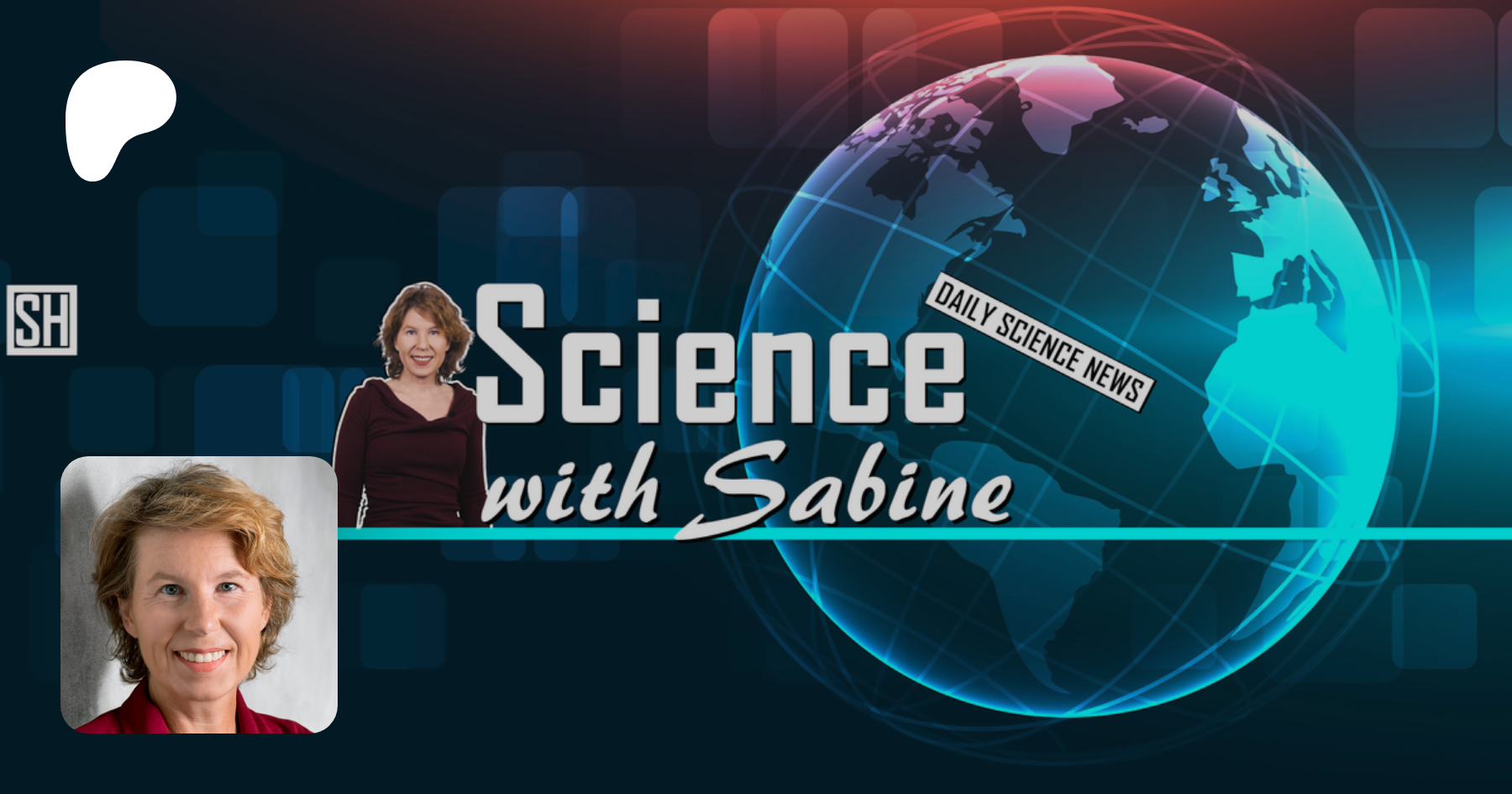- Sabine's Newsletter
- Posts
- We Speak GPT, Quantum Comes For Bitcoin, Hawking Was Right, and Superflares
We Speak GPT, Quantum Comes For Bitcoin, Hawking Was Right, and Superflares
This week’s science bits from SWTG

On Saturday, Sep 20, I will be at the How The Light Gets In festival in London, Hampstead Heath. You can buy tickets here.
ChatGPT Streamlines How We Rise to Speak

Image: The cooling system of the Zuchongzhi quantum computer. Credits: USTC
Several recent analyses have found that ChatGPT has a measurable impact on the frequency of words and phrases in common use, both in written and spoken English. The best known example may be the rise of the word “delve,” but that turns out to be not even the most common one. A recent analysis of podcasts found an even more pronounced rise of expressions like “surpass,” “boast,” and “meticulous.” Another recent analysis comes from speeches given by members of the British Parliament done by Pimlico Journal. They found that the adoption of ChatGPT was correlated with a stunning increase in the frequency of phrases such as “I rise to speak” and “streamline.”
Correlation is not causation, and some of those words might have risen to popularity for other reasons, but given the widespread use of Large Language Models, I would find it surprising if the models did not influence our choice of words.
This week’s episode of Science News is about the Sun’s cycles. A group of physicists say they have figured out why our Sun does not have superflares, like other stars of its type. It’s not that we have just been lucky so far. They say it’s because our solar system’s planets protect us. And that idea, they say, also explains the Sun’s 11 year cycle. Let’s take a look.
Are Quantum Computers Coming for Bitcoin?

Bitcoin transactions are encoded by a protocol that can be broken by a large enough quantum computer. While today’s quantum computers are far away from being able to break the actual protocol, an example case recently surfaced on X-Twitter, where Steve Tippeconnic claims to have cracked a six-bit Bitcoin code on one of IBM’s publicly available quantum computers. The real cryptographic protocol uses 256 bits.
If Bitcoin encryption could be broken fast enough, this would allow bad actors to claim Bitcoin transactions as their own, effectively stealing other people’s money. However, the Bitcoin code breaking is computationally more demanding than breaking the more widely used RSA protocol, which is itself more challenging than other applications of quantum computers, such as quantum chemistry. That is to say, at least we should have a warning period before cryptocurrencies melt away. Quantum computers could also moderately speed up Bitcoin mining.
Daily News for Curious Minds
Be the smartest person in the room by reading 1440! Dive into 1440, where 4 million Americans find their daily, fact-based news fix. We navigate through 100+ sources to deliver a comprehensive roundup from every corner of the internet – politics, global events, business, and culture, all in a quick, 5-minute newsletter. It's completely free and devoid of bias or political influence, ensuring you get the facts straight. Subscribe to 1440 today.
Black Hole Merger Confirms Steven Hawking’s Entropy Prediction

One of Stephen Hawking’s most scientifically influential works was confirmed last week by a strong gravitational wave signal. The signal was detected in January this year by the LIGO/Virgo/Karga collaboration, which combines 4 gravitational wave interferometers in the USA, Italy, and Japan. The analysis revealed that the event was a merger of two black holes of roughly 30 solar masses each, and also that of the final black hole.
Hawking’s prediction (known as the “black hole area theorem”) was that since the surface area of black holes (which is proportional to the square of the mass) determines their entropy, the total surface area can only increase in a merger. The new observation confirms this beautifully.
